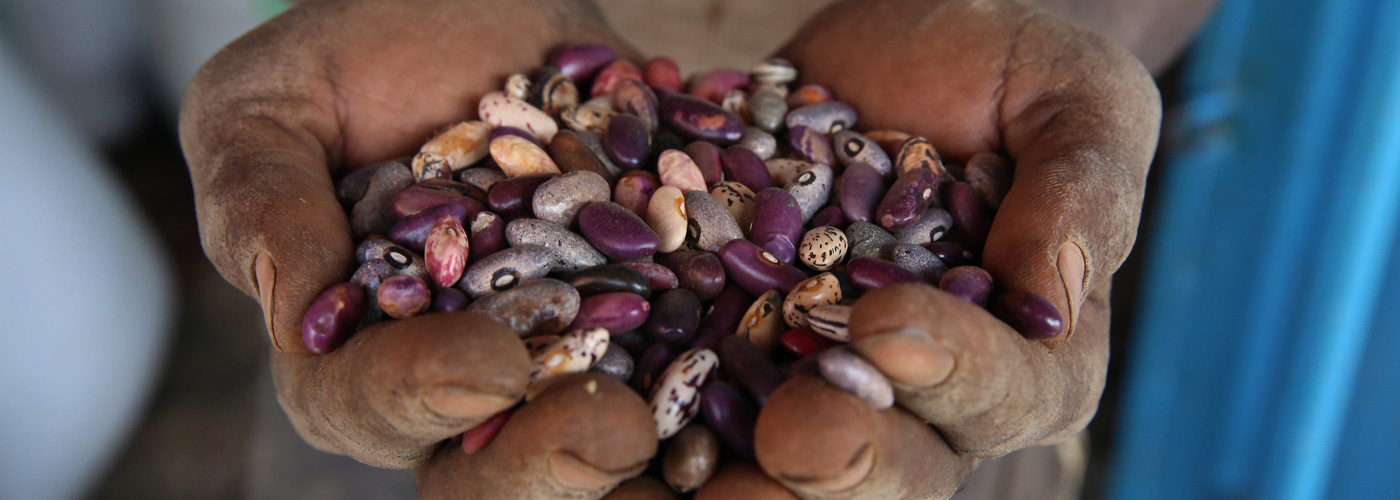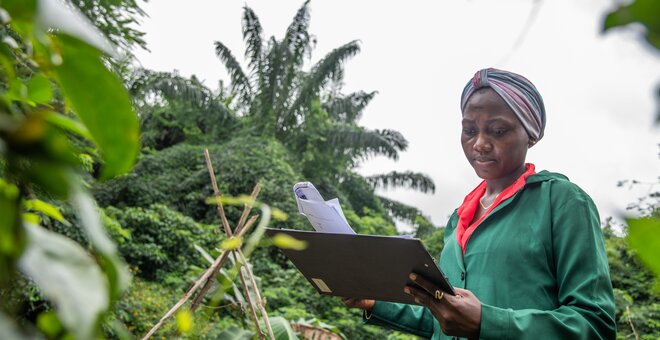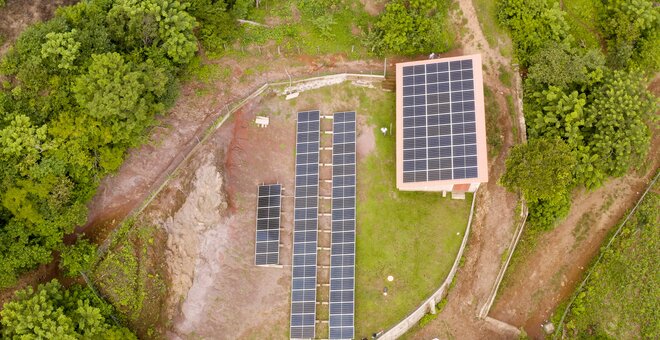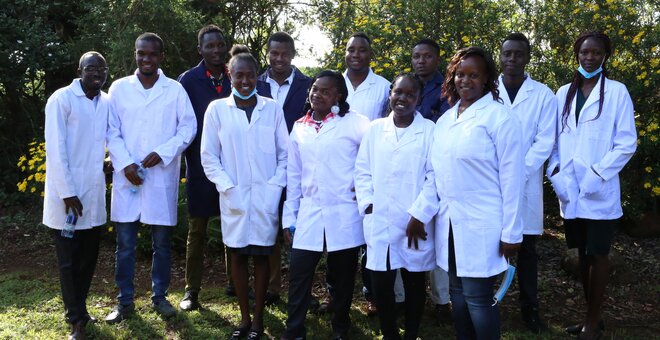Seeds for Resilience
Start year: 2019
Seeds for Resilience is a five-year project to support the national genebanks of Ethiopia, Ghana, Kenya, Nigeria and Zambia.
Strengthening Genebanks in Sub-Saharan Africa
Farmers in sub-Saharan Africa face the combined threats of climate change, degraded agricultural lands and a growing population. They will need more resilient, productive and nutritious crops to meet these challenges. Unfortunately, crop diversity—which offers the raw materials for crop innovation—is being lost at unprecedented rates.
Equally concerning is that the collections of seeds currently held in the participating national genebanks are also at grave risk. For years, the genebanks have suffered from insufficient staffing and low levels of funding.
The Seeds for Resilience project is providing the financial and technical support to ensure these five national genebanks will reach the necessary international standards to ensure their collections will be safe and widely available, long term.
Supporting Genebanks to Become World-Class Operations
The project will upgrade genebank equipment and improve internal processes and increase staff technical capacity. In addition, it will ensure that collections are safely backed up, data on seed samples are well documented and samples from seed collections are shared according to agreed international rules.
Seeds for Resilience will also ensure the work of each genebank is user-driven, meaning the seeds most useful to farmers and researchers will be prioritized. Thousands of important plant samples will be shared with farmers and other users through participatory trials, where they can select the seeds best suited for their local conditions and needs.
Sowing the Seeds of Change Beyond Borders
Ultimately, this partnership will benefit the researchers and plant breeders working to improve key crops for regional food security and the farmers who rely on these crops, the majority of whom are women.
The increased international availability of these seeds and the development of climate-resilient crop varieties are expected to benefit farming households and their communities far beyond the partner countries and the duration of the project.

National genebanks are integral to the future development of agriculture of each country. They provide scientists and farmers with the raw material needed to breed improved crops, which are more resilient to drought and high temperatures, and more nutritious and productive than those currently grown.
Zambia
Nigeria
Seeds for Resilience Genebank Reviews
Genebank Review: NPGRC, Zambia (2020) (0.91 MB)
Genebank Review: NACGRAB, Nigeria (2020) (1.64 MB)
Genebank Review: GeRRI, Kenya (2020) (2.07 MB)
Partners
-
Ethiopian Biodiversity Institute (EBI)
-
Genetic Resources Research Institute (GeRRI) at the Kenya Agricultural & Livestock Research Organization (KALRO)
-
National Centre for Genetic Resources and Biotechnology (NACGRAB)
-
National Plant Genetic Resources Centre (NPGRC) at the Zambia Agricultural Research Institute
-
Plant Genetic Resources Research Institute (PGRRI) at the Council for Scientific and Industrial Research (CSIR)
Supporters
- Federal Government of Germany (BMZ), through the German Development Bank (KfW)
Related News
Science Nigeria: Loss Of Genetic Plant Diversity Setback For Nigeria’s Food Security Drive
Recently, the Nigerian Ministry of Agriculture warned that the country’s crop diversity is under serious threat. This major risk to national food security was in focus at a workshop in Abuja organized by the National Centre for...
29 May 2025
The Guardian: Not Just A Museum
A recent article by The Guardian underscores the important role of national genebanks in supporting farmers to adapt to climate challenges. Focusing on the Genetic Resources Research Institute (GeRRI) in Kenya, the piece explores...
31 Oct 2024




